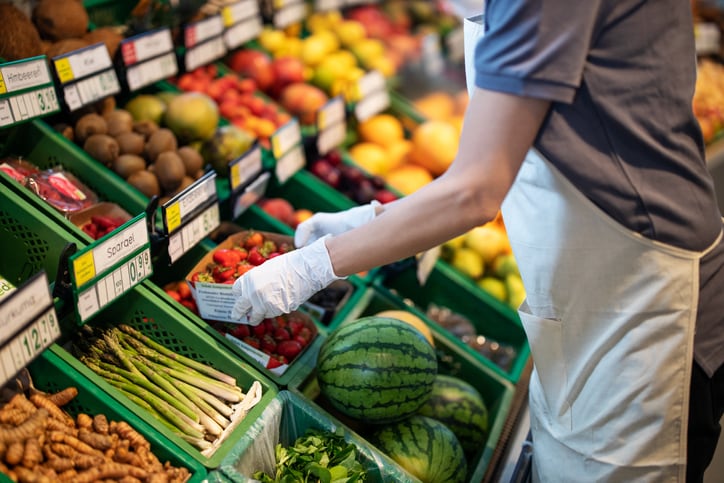A report from Ecologists in Action based on the official data of the Pesticide Residue Control Program for 2019 and compiled by the Spanish Agency for Consumption, Food Safety and Nutrition (AESAN), found 44.4% of vegetables and fruits contained pesticide residues. Certain fruits, like strawberries, can contain up to 37 different types of pesticides, 25 of which can affect the hormone system. 31% of the detected residues come from pesticides which are not authorised in the European Union.
The report said it puts the spotlight on the pesticide residues found in fruits and vegetables produced in Spain, some of which are endocrine disruptors.
In total, residues of 107 different pesticides were detected. 33.7% of food in 2019 had pesticide residues, with pesticides detected in 16.1% of samples of baby food. Shellfish failed to comply with regulations in 32% of the samples analyzed.
The data reveal Spain as once again the leader in pesticide sales in Europe in 2019 (75,190 tonnes, compared to the 73,092 of 2018). “All this corroborates the need to take urgent measures to reduce the exposure of the population to pesticides and, especially, those capable of altering the functioning of the hormonal system,” the report warned. The combined effect of the different pesticides, known as the pesticides cocktail effect, is ‘impossible to evaluate’, it added.
The European Commission’s Farm to Fork Strategy, published in May 2020, already acknowledges the urgent need to reduce Europe’s dependency on pesticides. The European Citizens’ Initiative ‘Save Bees and Farmers’ is also advocating for the phase-out of the use of synthetic pesticides by 80% in the EU 2030 and completely by 2035 and for the protection of biodiversity.
Ecologists in Action is also calling for the Spanish government to curb pesticide use by 50%. “Eating food without traces of pesticides, especially those that can affect the development of girls and boys, cannot be a privilege only for an economic elite. The Government must ensure that the number of pesticides decreases in all foods that are marketed in Spain.
“For Ecologists in Action, it is essential that the Government assume the objective of reducing 50% % the use of pesticides before 2023, as Denmark has already done by reducing its dependence on these types of toxin.”


